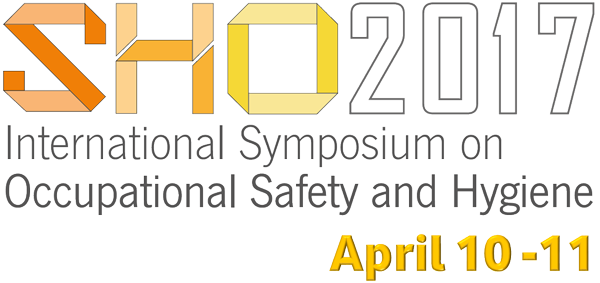
INVITED speakers
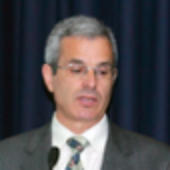
Vítor Martins Primo
Os Simulacros no Contexto das Medidas de Autoproteção Contra Incêndio
Vítor Primo is currently Commander of the Professional Fire Battalion and Civil Protection of Vila Nova de Gaia. He holds a Degree in Civil Engineering from the Military Academy and a Master in Urban Fire Safety by the University of Coimbra. He is also Assistant Professor in ISCIA – Institute of Information and Management Sciences. He was former Technical Assistant and Commander of the Professional Fire Battalion of Porto and Staff of the District Command of Porto at the Civil Protection National Authority.
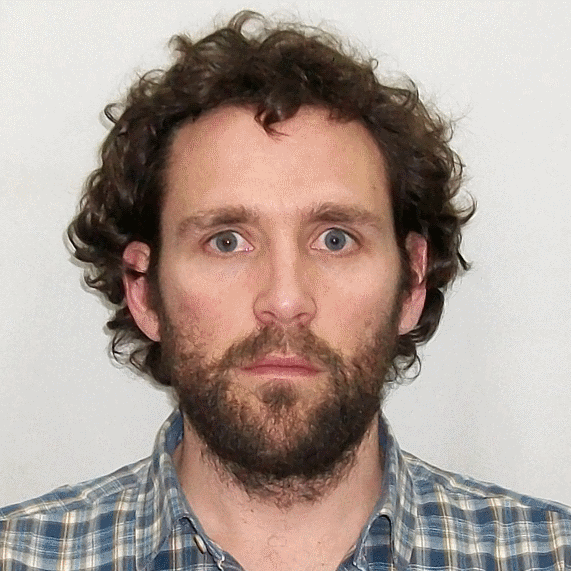
Ignacio Castellucci
Fatigue and sleepiness in the mining industry
Ignacio Castellucci is an associate professor at the School of Medicine for the Universidad de Valparaíso (UV, Chile) and Ergonomic consultants in Ergocare, Chile. He received his Bachelor’s Degree in Physiotherapy from the Universidad de Playa Ancha, Chile in 2006. He also has a post-graduate diploma in Ergonomics and Work Health from Universidad Mayor in Santiago de Chile. During 2009, he received his Master’s Degree in Human Engineering from the University of Minho with the support of The Alban European Program. In addition, in 2015 He got a PhD from the University of Minho with the collaboration of the Delft University of Technology. He has been Project Management and Ergonomic Consultant for more than 20 ergonomics projects in both public and private sector (ABB, CODELCO, LAN, COPEC, MUTUAL, RENAULT). At the University, He has been a member/principal investigator for more than 10 international and national externally funded research projects in the domains of Ergonomics and Human Factors. He is Member of the Chilean Ergonomic Society and Certified Ergonomist N°06. He also has been collaborating with several international peer-reviewed scientific journals in the domain of Ergonomics as a reviewer.
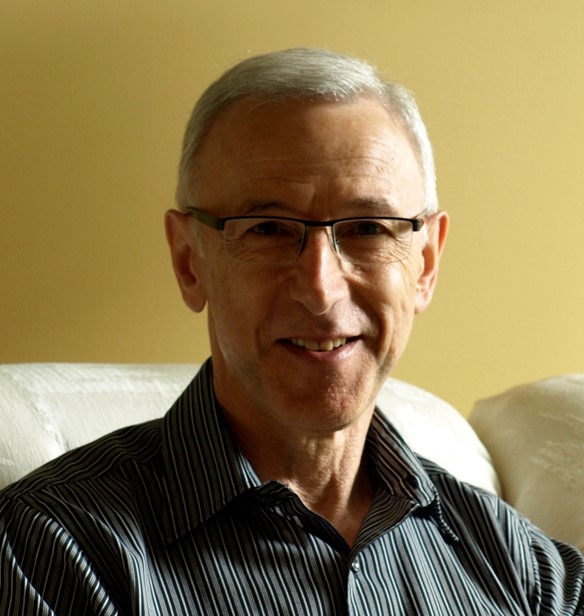
Harry Shannon
Health and Safety Issues in an Aging Workforce
Harry Shannon trained in the UK, doing his undergraduate studies in Mathematics at Oxford University. His graduate work was in Statistics at Birmingham (MSc) and in Applied Statistics at the University of London (PhD). His PhD thesis was a study of work accidents at the Ford Motor Company’s transmission plant in Halewood, near Liverpool.
He was a statistician at the Institute of Occupational Health in London for 5 years, before moving to the faculty of McMaster University in Hamilton, Canada. He joined the Program in Occupational and Environmental Medicine, and was Director from 1999-2005. He conducted numerous occupational epidemiology studies, including ones of workers in nickel mining and processing, and in glass fibre manufacturing. He also led projects to learn about organizational factors related to work safety, and has continued to do research on this topic.
From 2009-2015, he chaired the Methodology Working Group for the Canadian Longitudinal Study on Aging, which has now recruited over 51,000 people to be followed for at least 20 years. He is especially interested in how to manage health and safety in the aging workforce, and the issues facing society from population aging.
He was on the editorial board of Safety Science from 1997–2015, and has been on the editorial board of Occupational and Environmental Medicine since 2004. He was the President of the Canadian Association for Research on Work & Health (CARWH) in 2003-2004.

Alejandro Romero Mirón
De la protección a la promoción de la salud
Alejandro has a a degree in Organisations and Work Psychology from the Universidad de Barcelona. He is a senior practitioner of Occupational Risk Prevention. He is also a member of the Observatory for the of Occupational and Environmental Risk Prevention from the Foundation for motivation of Human Resources. He is the Director of the Prevention Services at the Insurance company MC Mutual.
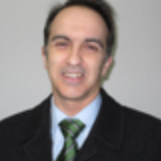
Rui Bettencourt Melo
Paradigm shift in occupational risk management
Rui Bettencourt Melo is an Assistant Professor of the Ergonomics Section of the University of Lisbon and effective researcher of the Architecture, Urbanism and Design Research Center. He has a graduation degree in Chemical Engineering from the Technical University of Lisbon, a MSc degree in Human Engineering from the University of Minho and a PhD in Ergonomics from the Technical University of Lisbon. He has been working at the Ergonomics Section since 1995 where he is responsible for the Occupational Safety & Health area and a member of the Direction Board of the Ergonomics MSc program. He engaged in research concerning risk assessments particularly related to environmental risk factors and regularly publishes on these topics in scientific journals. He also has been collaborating with several international peer-reviewed scientific journals in the domain of Ergonomics and Occupational Safety as a reviewer. A few years ago he joined the national Subcommittee for Standardization on Ergonomics -Occupational Safety and Health (SC3/CT42) and the Certification Committee of Occupational Safety and Health Managers and Technicians at the European Network of Safety and Health Professional Organisations (ENSHPO). He is also Secretary of the Portuguese Society for Occupational Safety and Hygiene (SPOHO) since its foundation in 2004.
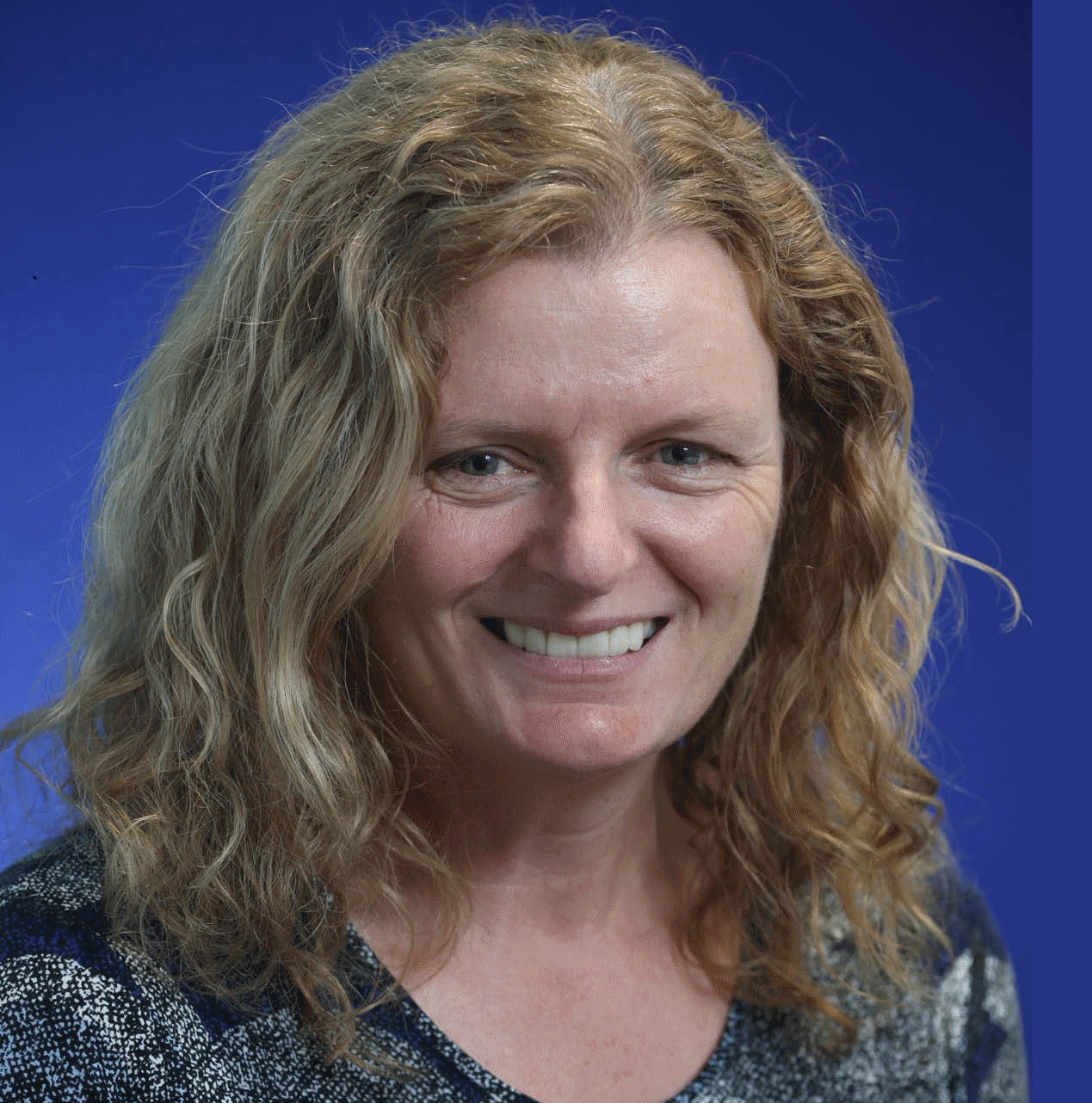
Martina Kelly
Innovating for Safety
Martina contributes to teaching and research programmes across both engineering and science at NUI Galway and holds a postgraduate diploma in Academic Practice. She has recently conducted research in the area of ‘Serous Play’ and is currently investigating ideas around using ‘play’ to foster innovation.
Prior to working in academia, Martina spent 10 years in the electronics industry where she worked in training, in quality, and as a technical specialist in the design engineering laboratory.
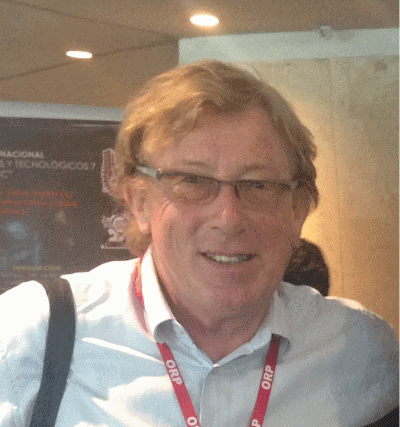
Paul Swuste
Seveso directives in the Netherlands and Belgium: their effect and efficiency
Updating…
Program
committee
Chairman
Secretary
Members
J. Santos Baptista, FEUP
Mónica Barroso, University of Minho
Nélson Costa, University of Minho
Patrício Cordeiro, University of Minho
Paula Carneiro, University of Minho
Rui Melo, University of Lisbon
International scientific committee
Alfredo Soeiro – University of Porto, Faculty of Engineering (FEUP), Portugal
Álvaro Cunha – University of Porto, Faculty of Engineering (FEUP), Portugal
Ana Ferreira – Department of Environmental Health, Coimbra Health School, Portugal
Anabela Simões – Lusófona University – Department of Aeronautics and Transport, Portugal
Angela Macedo Malcata – Higher Institute of Maia (ISMAI), Portugal
Anil Kumar – San Jose State University, USA
Antonio López Arquillos – University of Málaga, Spain
Beata Mrugalska – Poznan University of Technology, Poland
Béda Barkokébas Junior – University of Pernambuco, Brazil
Bianca Vasconcelos – University of Pernambuco – UPE, Brazil
Camilo Valverde – Católica Porto Business School, Univ. Católica Portuguesa, Portugal
Carla Barros – Fernando Pessoa University, Portugal
Carla Viegas – Environment and Health RG – ES de Tecnologia da Saúde de Lisboa, IPL, Portugal
Carlos Guedes Soares – CENTEC, IST, University of Lisbon, Portugal
Catarina Silva – Faculty of Human Kinetics, University of Lisbon, Portugal
Celeste Jacinto – Mechanical & Industrial Engineering Department of New University of Lisbon, Portugal
Celina P. Leão – School of Engineering of University of Minho, Portugal
Cezar Benoliel – Latin-American Society of Safety Engineering (ALAEST) Brazil
Cristina Madureira dos Reis – University of Trás-os-Montes and Alto Douro, Portugal
Delfina Gabriela Ramos – Polytechnic Institute of Cávado and Ave, Technology School, Portugal
Denis A. Coelho – Human Technology Group, DEM&C-MAST, University of Beira Interior, Portugal
Divo Quintela – University of Coimbra, Portugal
Duarte Nuno Vieira – Faculty of Medicine, University of Coimbra, Portugal
Ema Sacadura-Leite – CHLN Occupational Department, New University of Lisbon, Portugal
Emília Duarte – IADE – Creative University, UNIDCOM, Portugal
Emilia R. Kohlman Rabbani – University of Pernambuco – UPE, Brazil
Enda F. Fallon – Industrial Engineering, National University of Ireland Galway, Ireland
Evaldo Valladão – CEDAE – Brazilian Academy of Work Safety Engineering, Brazil
Fernanda Rodrigues – Civil Engineering Department, University of Aveiro, Portugal
Fernando Gonçalves Amaral – Federal University of Rio Grande do Sul (UFRGS), Brazil
Filipa Carvalho – Faculty of Human Kinetics, University of Lisbon, Portugal
Filomena Carnide – Faculty of Human Kinetics, University of Lisbon, Portugal
Florentino Serranheira – National School of Public Health, New University of Lisbon, Portugal
Francisco Fraga López – Professor, Spain
Francisco Masculo – Paraiba Federal University, Brazil
Francisco Rebelo – Faculty of Human Kinetics, University of Lisbon, Portugal
Guilherme Teodoro Buest – ABENC – Brazilian Association of Civil Engineers, Brazil
Gyula Szabó – Óbuda University, Donát Bánki Faculty of Mechanical and Safety Engineering, Hungary
Hamilton Costa Junior – Federal University of Parana, Brazil
Hernâni Veloso Neto – RICOT, Institute of Sociology, University of Porto, Portugal
Ignacio Castellucci – Escuela de Kinesiología, Universidad de Valparaíso, Chile
Ignacio Pavón García – ETSI Industriales, Universidad Politécnica de Madrid, Spain
Isabel L. Nunes – Faculty of Science and Technology of New University of Lisbon, Portugal
Isabel Loureiro – School of Engineering, University of Minho, Portugal
Isabel S. Silva – School of Psychology, University of Minho, Portugal
J. L. Bento Coelho – IST, Lisbon University, Lisbon, Portugal
J. Santos Baptista – University of Porto, Faculty of Engineering (FEUP), Portugal
Jack Dennerlein – Harvard University / Northeastern University, USA
Jesús A. Carrillo-Castrillo – Universidad de Sevilla, Spain
João Areosa – CICS.NOVA; ISLA-Leiria, Portugal
João Ventura – IN+ (Inov., Tecnologia e Políticas de Desenvolvimento), IST, Portugal
Joaquim Góis – University of Porto, Faculty of Engineering (FEUP), Portugal
Jorge Gaspar – Higher Institute of Education and Science, Portugal
Jorge Patrício – National Laboratory for Civil Engineering, Portugal
José Cardoso Teixeira – University of Minho, Portugal
José Carvalhais – Faculty of Human Kinetics, University of Lisbon, Portugal
José Castela Torres da Costa – Medicine Faculty, University of Porto, Portugal
José Keating – School of Psychology, University of Minho, Portugal
José L. Meliá – University of Valencia, Spain
José Miquel Cabeças – New University of Lisbon, FCT/DEMI, Portugal
José Pedro Domingues – University of Minho, Portugal
Joseph Coughlin – Massachusetts Institute of Technology – AgeLab, USA
Juan Carlos Rubio-Romero – University of Málaga, Spain
Julia Issy Abrahão – Universidade de Brasilia, Brazil
Laura Martins – Universidade Federal de Pernambuco, Brazil
Liliana Cunha – University of Porto, Portugal
Luis Antonio Franz – Federal University of Pelotas, Brazil
Luiz Silva – Federal University of Paraíba, CESET-LAT, Brazil
M.C.Rubio-Gámez – Universidad de Granada, Spain
Mª D. Martínez-Aires – Department of Building Construction, University of Granada, Spain
Mahmut Ekþioðlu – Boðaziçi University, Turkey
Manuela Vieira da Silva – Porto School of Health of IPP (ESS.IPP), Portugal
Marcelo M. Soares – Federal University of Pernambuco, Brazil
Marcelo Pereira da Silva – Federal University of Rio Grande do Sul, Brazil
Maria Antónia Gonçalves – School of Engineering, Polytechnic of Porto, Portugal
Maria José Marques Abreu – Dept. of Textile Engineering, University of Minho, Portugal
Marino Menozzi – Human Factors Engineering, ETH Zurich, Switzerland
Mario Cesar Vidal – Federal University of Rio de Janeiro, Brazil
Mário Vaz – FEUP, University of Porto, Portugal
Marta Santos – University of Porto, Portugal
Martin Lavallière – UQAC, Chicoutimi (Qc), Canada
Martina Kelly – National University of Ireland, Galway, Ireland
Matilde Alexandra Rodrigues – School of Health of Polytechnic Porto, Portugal
Miguel Tato Diogo – University of Porto, Faculty of Engineering (FEUP), Portugal
Mohammad Shahriari – Konya Necmettin Erbakan University, Turkey
Mónica Paz Barroso – University of Minho, SPOSHO, Portugal
Nélson Costa – University of Minho, Portugal
Olga Mayan – Higher Institute of Maia (ISMAI) Portugal
Paul Swuste – Safety Science and Security Group TUDelft, The Netherlands
Paula Carneiro – University of Minho, Portugal
Paulo Antonio Barros Oliveira – Federal University of Rio Grande do Sul, Brazil
Paulo Flores – University of Minho, Department of Mechanical Engineering, Portugal
Paulo Noriega – Faculty of Human Kinetics, University of Lisbon, Portugal
Paulo Sampaio – University of Minho, Portugal
Paulo V. R. Carvalho – Nuclear Engineering Institute, Portugal
Pedro Arezes – University of Minho, Portugal
Pedro Mondelo – Universitat Politècnica de Catalunya, Spain
Pedro NP Ferreira – IST-CENTEC (Centre for Marine Technology and Ocean Engineering), Portugal
Pere Sanz-Gallen – School of Occupational Medicine, University of Barcelona, Spain
Ravindra S. Goonetilleke – Hong Kong University of Science and Technology, Hong Kong
Rui Azevedo – Higher Institute of Maia (ISMAI), Portugal
Rui B. Melo – Faculty of Human Kinetics, University of Lisbon, Portugal
Rui Garganta – University of Porto, Portugal
Salman Nazirr – MTDI, University College of SouthEast, Norway
Sérgio Sousa – University of Minho, Portugal
Sílvia Agostinho da Silva – University Institute of Lisbon (ISCTE-IUL), Portugal
Susana Costa – University of Minho, Portugal
Susana Viegas – Higher School of Health Technology of Lisbon, Polytechnic Institute of Lisbon, Portugal
Teresa Patrone Cotrim – Faculty of Human Kinetics, University of Lisbon, Portugal
Waldemar Karwowski – University of Central Florida, USA
Walter Franklin M. Correia – University Federal of Pernambuco, Brazil
Submissions
Submission should be done electronically and considering the deadlines presented below.
The short/full paper can be presented as an oral presentation or as a poster.
Due to the limited number of sessions, some authors can be invited to present their work as a poster, even if they have previously indicated their preference as being the oral presentation.
The thematic sessions will be organized by working language (Portuguese or English). Thus, oral presentations will meet the following criteria:
- Articles submitted in option A | mandatory presentation in English
- Articles submitted in option B |
- Articles written in English | mandatory presentation in English
- Articles written in Portuguese | mandatory presentation in Portuguese
Important note: the inclusion of the approved papers in the symposium publications assumes that authors will present their work at the symposium. If authors fail to present their work, and do not have a justification, they will be prevented to publish any other papers in the next editions of the event.
Description of the revision process and deadlines for the submissions:
Option A – Submission of a full-paper (4-5 pages) in English, which will be published in a book edited by CRC Press (Taylor & Francis). Once accepted, the inclusion of each full-paper will imply the registration of, at least, one of the authors and a payment of a publication fee. This author will receive the printed (hardbound) book.
Option B – Submission of a short-paper (2-3 pages) in Portuguese or English, which will be published in a proceedings book (with ISBN). Once accepted, the inclusion of each short-paper will imply the registration of, at least, one of the authors. Each registration allow to submit 1 short-paper. The submission of more than 1 short-paper will imply a fee per additional paper.
OPTION A
- 20/11/2016NEW DATE
- Submission deadline. Send to double blind review
- 18/12/2016Decision of review sent by email to main author
- Full-Paper rejected | Full-Paper conditionally accepted | Full-Paper accepted
- 05/01/2017(NEW DATE) Submit revised full-paper
- Review by the Organizing Committee
- Revised Full-Paper rejected | Full-Paper is accepted
- 15/01/2017Decision sent by email to the author
- Full-Paper will be included in the Final Program and in the printed book (to be submitted to ISI and Scopus)
Basic rules for full-papers submission:
- Full-papers must be submitted in Word format (.doc ou .docx) in the form field labelled “Paper” and a .pdf version of the same article should be submitted, mandatorily, in the field “Attachment”;
- Full-papers can only be submitted in English;
- Authors should indicate the specific area of the paper, using the suggested categories or indicating “Other” (Category no. 27);
- Full-papers will be reviewed according to the following criteria: Relevance of the work; Relevance for SHO; Technical/Scientific quality; Originality; Language quality;
- At least one of the (co)authors should be registered the date of decision sent by email to the author. If none of the authors is registered at this date, the full-paper will be automatically removed from the program and book.
OPTION B
- 15/01/2017(NEW DATE) Submission deadline!!!
- Send to double blind review
- 12/02/2017Decision of review sent by email to main author
- Revised short-paper rejected | Short-paper is conditionally accepted | Short-paper is accepted
- 05/03/2017Submit revised short-paper
- Review by the Organizing Committee
- Revised short-paper rejected | Revised short-paper accepted
- 12/03/2017Decision sent by email to the author
- Short-papers will be included in the Final Program and in a proceedings book (printed with ISBN)
Basic rules for short-papers submission:
- Short-papers can be written both in English and Portuguese;
- Authors should indicate the specific area of the paper, using the suggested categories or indicating “Other” (Category no. 27);
- If short-paper is submitted in Portuguese it should also have the title in English (Portuguese and English), but the abstract and keywords only in English;
- The minimum length is 2 pages and the maximum is 3 pages, according to the proposed format in the template. Short-papers with more than 3 or less than 2 pages will be automatically rejected;
- Short-papers will be reviewed according to the following criteria: Relevance of the work; Relevance for SHO; Technical/Scientific quality; Originality; Language quality;
- At least one of the (co)authors should be registered the date of decision sent by email to the author. If none of the authors is registered at this date, the full-paper will be automatically removed from the program and book.
Selected authors will be invited submit an extended and revised version of their papers to SPECIAL or REGULAR issues in the peer-reviewed journals announced later.
GENERAL INSTRUCTIONS FOR POSTERS:
– Please prepare your poster to fit the dimensions of the template (90 cm wide x 70 cm high);
– It is recommended that posters be prepared to be printed in only one sheet;
– Allocate the top of the poster for the title and authors as stated on the submitted abstract;
– The text, illustrations, etc should be bold enough to be read from a distance of two meters;
– Posters should be printed by authors and delivered to the symposium secretariat during the morning of the 10th March;
– The Organizing Committee will mount the posters on the show boards.
For the preparation of the POSTERS it should be used the template available HERE.
Sponsors
Organisation

Co-Organisers

Institutional Support
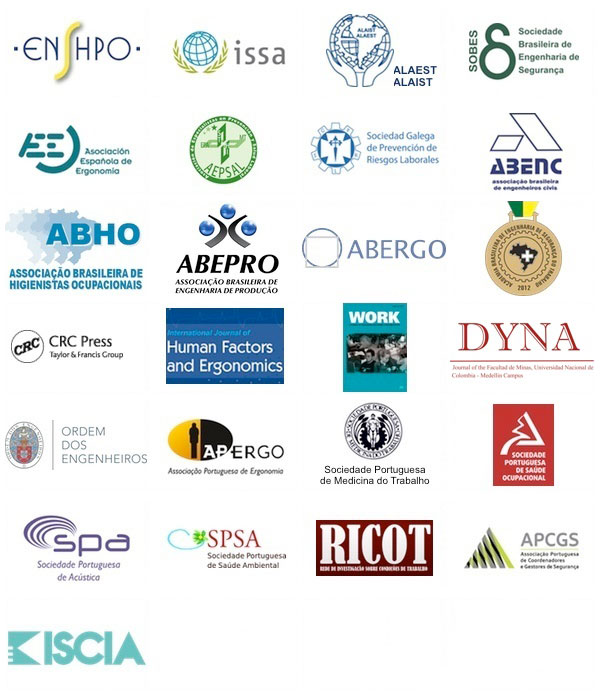
Media partners


Powered by

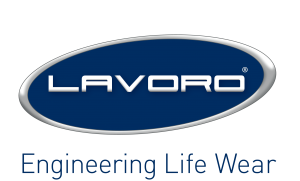
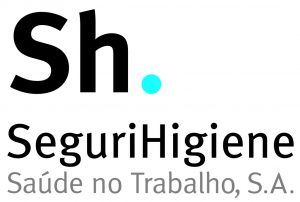
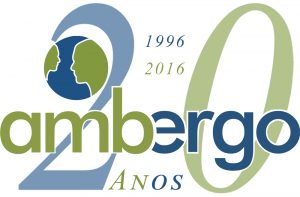
Registration
For any doubt about the fees or any special case, contact the Organizing Committee: sho2017@sposho.pt
Registration fees
Fees (in euros) include 2 lunches (except for “student” category), all the symposium’s documentation (including the proceedings book with all short-papers) and coffee-breaks. The book wtih full-papers (edited by Taylor&Francis) is NOT included in the registration fee.
|
NEW DATE Until |
After 19/MAR/2017 |
|
| SPOSHO Member* | 120 € | 150 € |
| Author** | 170 € | 210 € |
| Other | 210 € | 250 € |
| Student*** | 75 € | 100 € |
| Adittional short-paper (>1 short-paper) | 30 € /short-paper | N.A. |
| Publication of fullpaper (each) **** | 75 € /full-paper | N.A. |
* With updated membership due payment. For more information visit the SPOSHO website.
** for the publication of any type of paper, at least one of the (co)authors should be registered. For full-papers (option A) until 15/JAN/2017, and for short-papers (option B) until 19/MAR/2017.
*** Full-time student at a degree level (Msc. and PhD. not eligible) less than 30 years old and presenting a written declaration from the university. Lunches are NOT included in this category.
**** The payment for the publication of a full-paper includes 1 book (of full-papers, edited by Taylor & Francis).
Cancel and refund policy
Only refund requests made before March 19th, 2017 will be 100% refunded. For refund/cancellations requests between March 19th and March 31st, only 60% of the registration fee will be refunded. After March 31st, NO refund will be allowed.
Be a SPOSHO associate
Go to www.sposho.pt and get a discount on the registration fee higher than 35%
Official Secretariat and Hotel Bookings
Viagens Abreu, S.A.
A/C Departamento de Congressos
Avenida dos Aliados, 207
4000-067 Porto, PORTUGAL
tel: +351 222 043 570 | fax: +351 222 043 693
e-mail: lurdes.catalino@abreu.pt
Venue
How to reach Guimarães/Universidade do Minho?
The nearest airport is located in Porto, “Aeroporto Francisco Sá Carneiro”.
From the airport to Guimarães, it is possible to catch a direct shuttle (for more information go to this link).
Other options include a taxi (50 km), or a cheaper option, which is to take the “Metro do Porto” (www.metrodoporto.pt), from the airport station (in front of the airport building) to the railway station “Estação de Campanhã”. The train to Guimarães (see train schedule) should be taken from the railway station “Estação de Campanhã”.
By car and using a GPS navigation system, University of Minho shall be identified by entering the following location:
N 41º27’01.58’’
W 8º17’38.08’’
Contacts
Organising Comittee
E-mail: sho2017@sposho.pt
Tel: +253 510 367
DPS, Universidade do Minho
4800-058 Guimarães
PORTUGAL
Oficial Secretariat and Accomodation
Viagens Abreu, S.A.
A/C Departamento de Congressos
Avenida dos Aliados, 207
4000-067 Porto
PORTUGAL
tel: +351 222 043 570
fax: +351 222 043 693
e-mail: lurdes.catalino@abreu.pt
SPOSHO
URL: https://www.sposho.pt
E-mail: sposho@sposho.pt
DPS, Universidade do Minho
4800-058 Guimarães
PORTUGAL